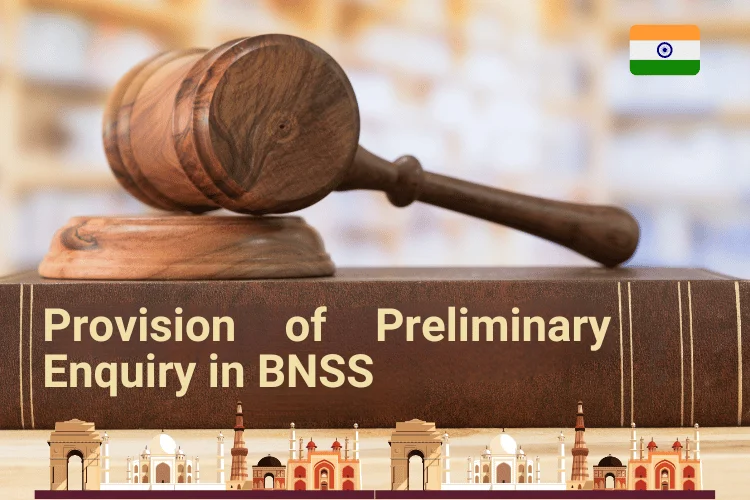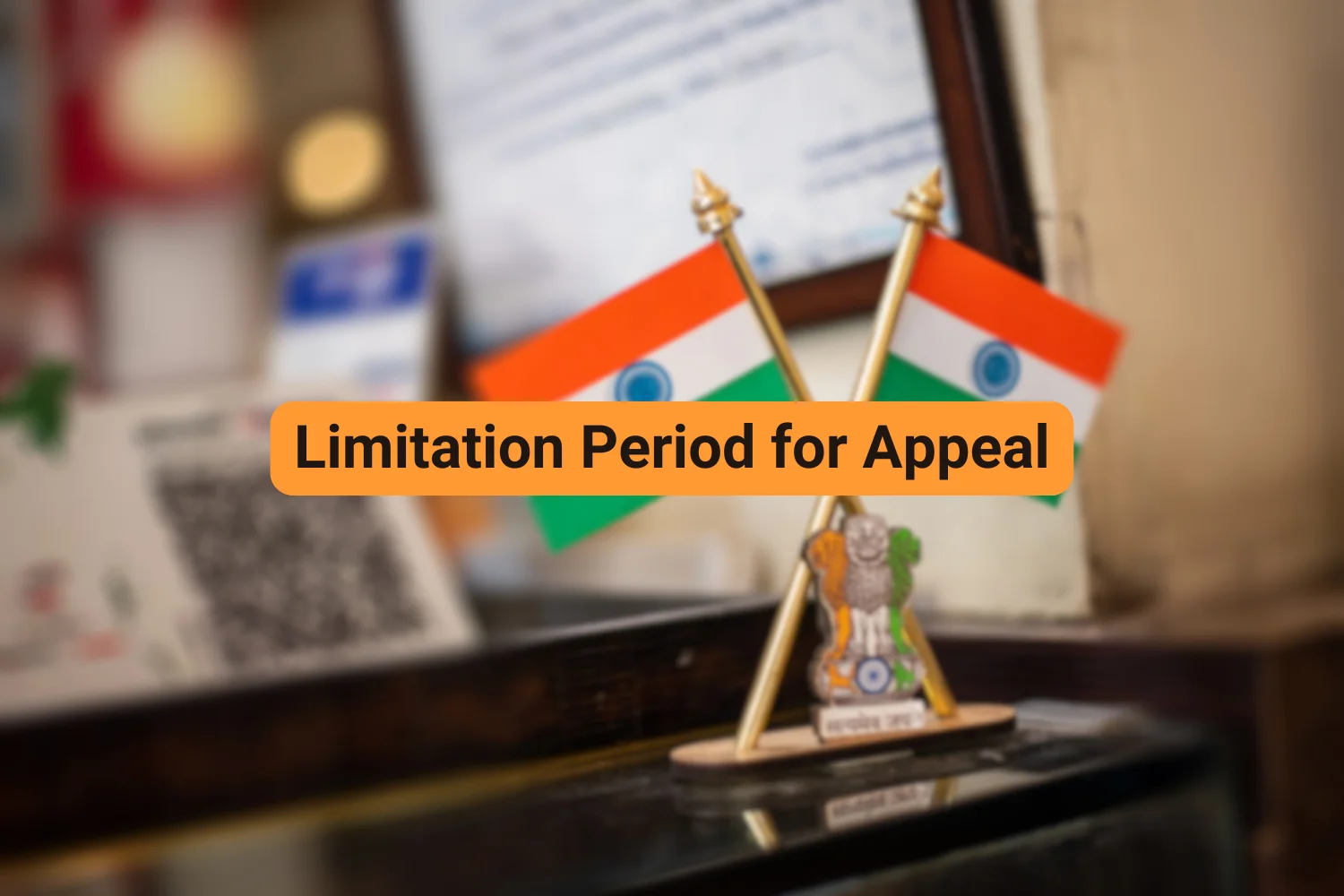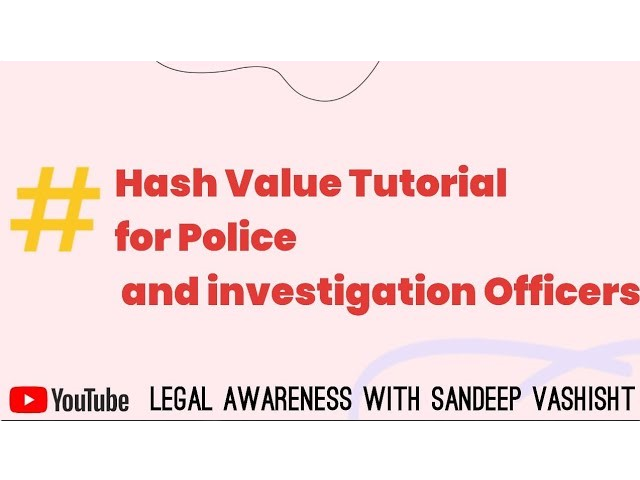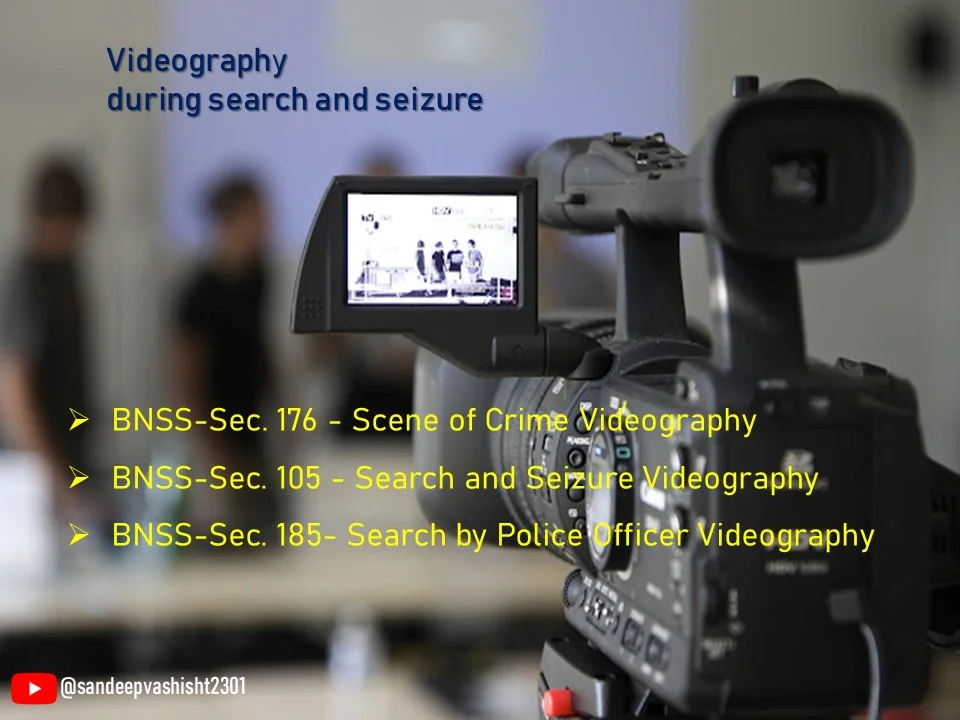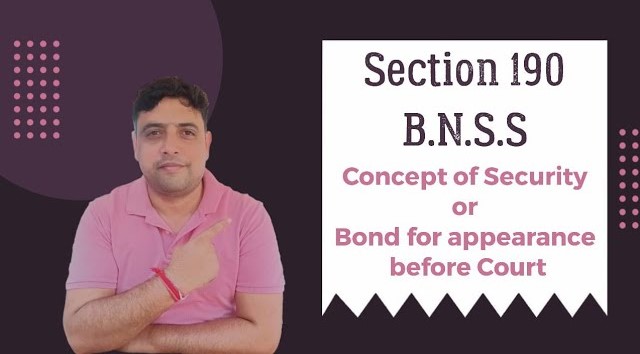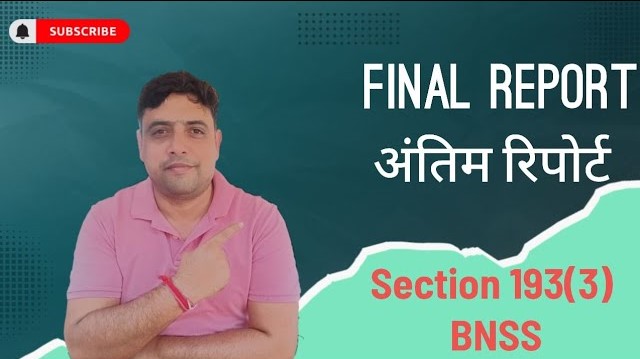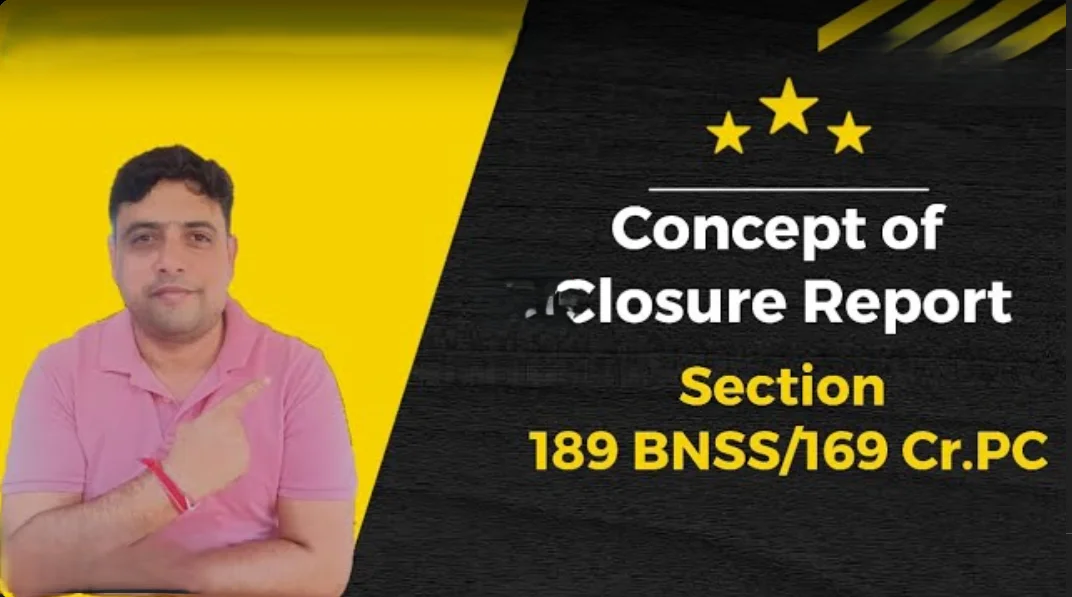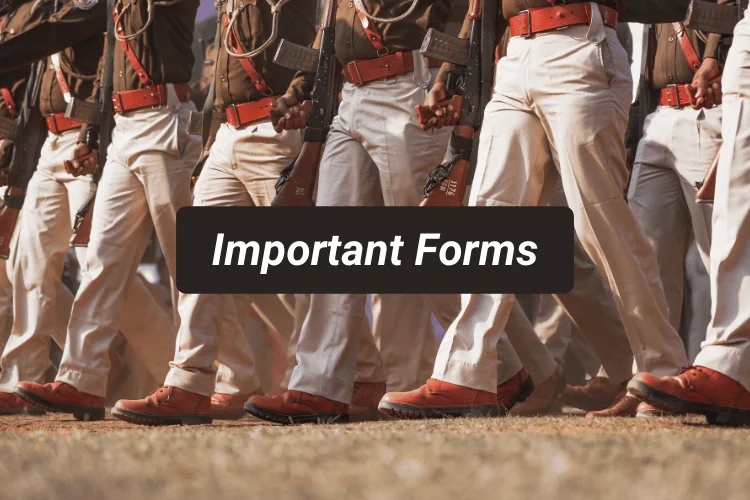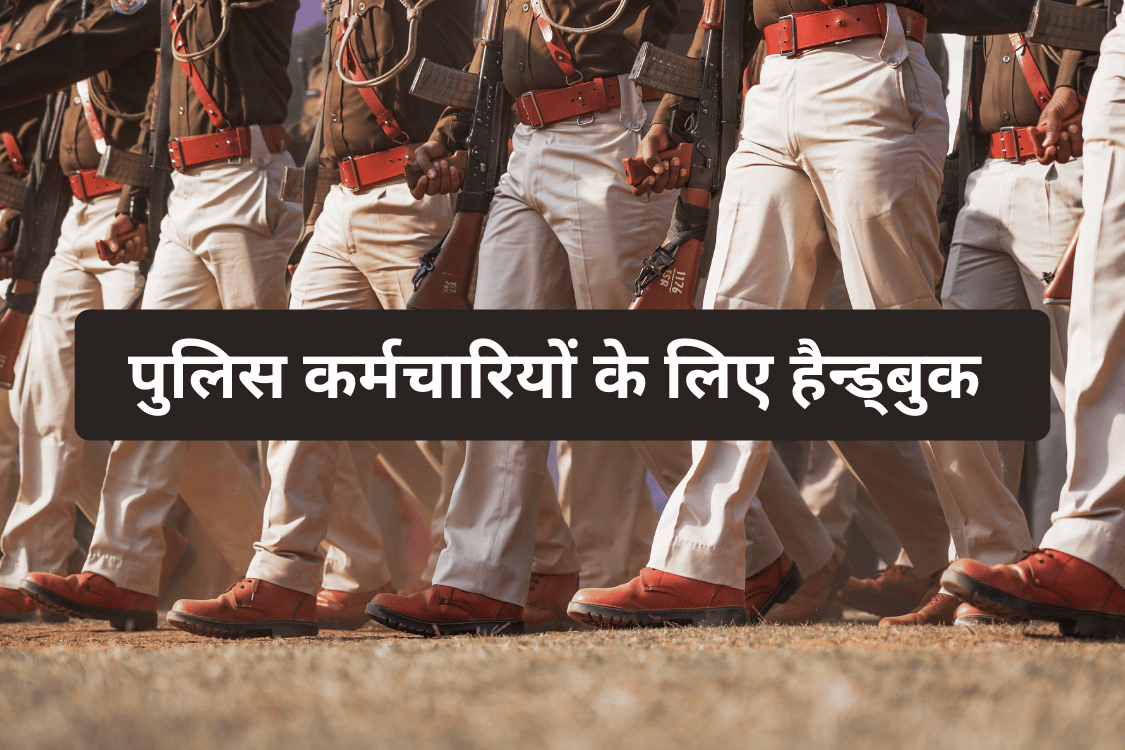Provision of Preliminary enquiry in BNSS
The purpose of this article is to provide clear guidelines for conducting preliminary inquiries as per Section 173(3) of the Bharatiya Nagarik Suraksha Sanhita (BNSS), 2023. This article aim to ensure that all inquiries are carried out efficiently, lawfully, and respectfully, upholding the rights of all parties involved. All police officers personnel involved in the registration and investigation of First Information Reports (FIRs) under BNSS, 2023 must know the procedure of preliminary enquiries.

What is Preliminary Enquiry:
It is an initial investigation to determine if there is a prima facie case so as to decide if a full investigation should proceed.
It is to be noted that it should be conducted only for offences punishable with imprisonment between three and seven years.
So, If a complaint is received at a police station regarding a cognizable offense punishable with imprisonment between 3 to 7 years, the Station House Officer (SHO) has the discretion to either:
- Register a First Information Report (FIR) under the relevant provisions of the Bombay Police Act (BPA) or other local and special laws.
- Conduct a preliminary enquiry into the case with the prior permission of a supervisory officer, which may be a Deputy Superintendent of Police (Dy.SP) or an Additional Superintendent of Police (Add.SP).
Section 173(3) of the Code of Criminal Procedure grants the SHO the flexibility to either register an FIR under relevant provisions or conduct a preliminary enquiry with prior permission from a supervisory officer, typically a Dy. SP or Add. SP. Since the word "may" is used in the section, it is not mandatory to conduct a preliminary enquiry. Instead, the SHO must apply his mind to determine whether it is necessary to hold such an enquiry in a particular case.
The Bhartiya Nagrik Suraksha Sanhita (BNS) guidelines are applicable to all types of cognizable offenses that carry a punishment ranging from 3 to 7 years of imprisonment. This is different from the Lalita Kumari guidelines, which categorize cases into specific areas like matrimonial disputes, commercial offenses, and medical negligence.
Earlier, the SHO had discretion to conduct a preliminary enquiry for specific types of cases such as after Lalita Kumari vs State of UP which states as under:
“Cases in which preliminary inquiry may be made before the registration of FIR
-
- Matrimonial disputes/Family disputes
- Commercial offences
- Medical Negligence cases
- Corruption cases
- Cases where there is abnormal delay in initiating criminal prosecution.
These are only illustrative and not exhaustive.
The completion of preliminary inquiry must not exceed 7 days and all the information related to the same shall be recorded in the General Diary, maintained in the police station.”
However, with the Bhartiya Nagrik Suraksha Sanhita (BNS), the SHO now has discretion to conduct a preliminary enquiry for all cognizable offences that carry a punishment between 3 to 7 years. This means that the SHO has more flexibility to decide whether to register an FIR or conduct a preliminary enquiry for any case that falls within this punishment range, not just limited to specific categories like before.
- If the SHO decides to conduct a preliminary enquiry, prior permission is required from the supervisory officer, which can be the Deputy Superintendent of Police (DySP) or Additional Superintendent of Police (Add.SP).Than the following procedure is to be followed :

Step 1:
Evaluating the Offence
The SHO must then evaluate the nature and gravity of the offence to decide if a preliminary enquiry is really needed. This helps to determine if the offence is serious enough to warrant further investigation.
Step 2:
Getting Permission for the Enquiry
If SHO decides to conduct Preliminary Enquiry following two requirements if mandatory
- Record the gist of the information in the general diary and the details in the preliminary enquiry register which is register number 31 as prescribed by DGP HP.
- Before conducting a preliminary enquiry, the officer in charge (SHO) needs to get permission from an officer who is Supervisory Officer, (Dy.SP/Add.SP).
If SO/DSP/Add.SP do not grant written permission within 24 hours of receiving the request from the Officer in Charge or if permission is denied or decision not communicated within this timeframe, the Officer in Charge will proceed with FIR registration.
Step 3:
Conducting the Enquiry
The SHO will then conduct the preliminary enquiry within 14 days. During this time, they will gather evidence and gather information to determine if there is enough evidence to proceed with a full investigation. If the preliminary enquiry is not completed within fourteen days, immediately proceed with FIR registration.
Further it is the responsibility of the Supervisory Officer of the Police Station that If a preliminary enquiry is not completed within fourteen days, the Deputy Superintendent of Police (DySP) or Additional Superintendent of Police (Add.SP) as the case may be will issue a show-cause notice to the enquiry officer. If the reply is not satisfactory, the DySP/Add.SP as the case may be will initiate departmental action against the enquiry officer.
Step 4:
Deciding What to Do Next
After the enquiry, the SHO will make a decision based on what they have found. If they find that there is enough evidence (a prima facie case), they will proceed with a full investigation. If they do not find enough evidence, they will document their findings and close the enquiry with a report to their superior officer. They will also inform the person who complained about the offence (the complainant) of their decision.
Step 5:
Documenting Everything
Throughout the entire process, the SHO must keep detailed records of everything that happens during the enquiry. This includes:
- Any permissions given or received
- The findings of the enquiry
- All decisions made
- All evidence gathered
Step 6:
Reporting Progress
The SHO must also submit regular reports to their superior officers on the status of the preliminary enquiries they are conducting. They will also update relevant records and databases with information from the enquiry.
The Superintendent of Police shall-
- Reviews preliminary enquiries conducted in his/her jurisdiction during monthly crime review meetings and takes corrective action if needed.
Conclusion:
The rules for preliminary enquiries under the new BNSS (2023) have changed since the Lalita Kumari judgment. While in the case of Lalita Kumari vs State of UP (https://indiankanoon.org/doc/10239019/) it was said by the Hon’ble Court that FIRs must be registered for cognizable offences and allowed only limited preliminary enquiries to confirm the existence of an offence, BNSS is broader.
Under BNSS, preliminary enquiries are done to see if there's enough evidence to charge someone with a crime that carries a punishment of 3-7 years in prison. Unlike Lalita Kumari, which specified certain types of cases like marital disputes, commercial crimes, and medical malpractice, BNSS applies to all relevant crimes within the defined punishment range.
BNSS also sets a specific 14-day limit for completing enquiries. Additionally, it requires permission from an officer with a rank of Deputy Superintendent of Police or higher before conducting an enquiry, which wasn't required under Lalita Kumari. This adds more oversight and accountability.
"Empowering your legal journey, one resource at a time. Welcome to Vidhoon, your trusted hub for
comprehensive law notes, practical guidance, and expert support.
Explore, learn, and succeed with us!





